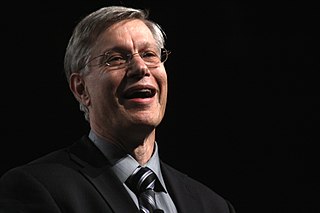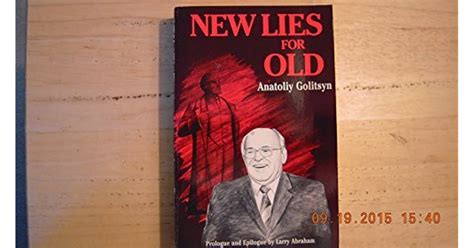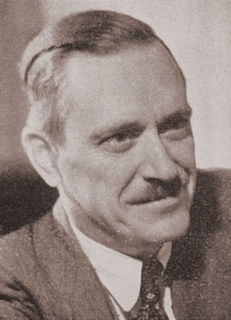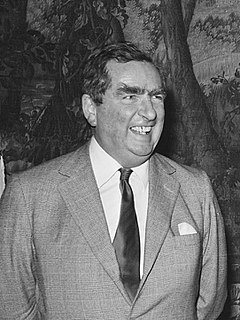A Quote by John Dos Passos
The fascinating thing to a dispassionate observer about the structure of life in the Soviet Union is that in their efforts to produce an unknown that we may let its ideologists call Socialism the Communist dictators have produced a brutal approximation of monopoly Capitalism, a system that has all the disadvantages of our own, with none of the palliatives which come to us from surviving competition and from the essential division of economic and political power which has so far made it possible for the humane traditions of the Western world to continue.
Quote Topics
About
Approximation
Brutal
Call
Capitalism
Come
Communist
Competition
Continue
Dictators
Disadvantages
Dispassionate
Division
Economic
Efforts
Essential
Far
Fascinating
Humane
Life
Made
Made It
May
Monopoly
None
Observer
Our
Own
Political
Political Power
Possible
Power
Produce
Produced
Socialism
Soviet
Soviet Union
Structure
Surviving
System
Thing
Traditions
Union
Unknown
Us
Western
Western World
Which
World
Related Quotes
I find Chinese debates about their political system domestically, but also about China's claims in the international system, to be among the most original and surprising and exciting of our time. The starting point is a system that none of us had anticipated, which I call Leninist capitalism, but also obviously because it is the most important emerging power. The question of China's relations with the United States in particular, and the rest of the world in general, is the question of war and peace in the 21st century.
Until the chance for political participation is there, we who are poor will continue to attack the soft part of the American system - its economic structure. We will build power through boycotts, strikes, new union - whatever techniques we can develop. These attacks on the status quo will come, not because we hate, but because we know America can construct a humane society for all its citizens - and that if it does not, there will chaos.
This much I would say: Socialism has failed all over the world. In the eighties, I would hear every day that there is no inflation in the Soviet Union, there is no poverty in the Soviet Union, there is no unemployment in the Soviet Union. And now we find that, due to Socialism, there is no Soviet Union!
The Soviet transition to a new political structure shows that the Soviet strategists are thinking, planning and acting in broad terms, way beyond the imagination of Western politicians. For this reason Western politicians cannot grasp the fact that the Soviet intention is to win by 'democratic' means. Through transition to a new system, the Soviets are revitalising their own people and institutions, and they are succeeding. Contrary to Western belief, they are holding their ranks together.
Why were the Europeans bothered about the Soviet Union at all? It was nothing to do with us. China had nothing to do with us. Why were we not building, without reference to the Soviet Union, a good society in our own countries? But no, we were all - in one way or another - obsessed with the bloody Soviet Union, which was a disaster. What people were supporting was failure. And continually justifying it.
We who are members of the Communist Party repudiate the exclusive identification of democracy with capitalism. We declare that democracy can be widened, take on new aspects, become truly a rule of the people, only when it is extended to the economic life of the people, as in the Soviet Union. As far as women are concerned, the U.S.S.R. is a trailblazer for equal rights and equal opportunities.
Nevertheless, it is necessary to remember that a planned economy is not yet socialism. A planned economy as such may be accompanied by the complete enslavement of the individual. The achievement of socialism requires the solution of some extremely difficult socio-political problems: how is it possible, in view of the far-reaching centralisation of political and economic power, to prevent bureaucracy from becoming all-powerful and overweening? How can the rights of the individual be protected and therewith a democratic counterweight to the power of bureaucracy be assured?
After the demise of the Soviet Union, we had many problems of our own for which no one was responsible but ourselves: the economic downfall, the collapse of the welfare system, the separatism, and of course the terror attacks that shook our country. In this respect, we do not have to look for guilty parties abroad.
They [the Soviets] intend...to induce the Americans to adopt their own 'restructuring' and convergence of the Soviet and American systems using to this end the fear of nuclear conflict.... Convergence will be accompanied by blood baths and political re-education camps in Western Europe and the United States. The Soviet strategists are counting on an economic depression in the United States and intend to introduce their reformed model of socialism with a human face as an alternative to the American system during the depression.
Imperialism is capitalism at that stage of development at which the dominance of monopolies and finance capitalism is established; in which the export of capital has acquired pronounced importance; in which the division of the world among the international trusts has begun, in which the division of all territories of the globe among the biggest capitalist powers has been completed.
I see myself, in terms of the question of capitalism, as I would support democratic socialism over a capitalist system, because any approach... or participatory economics, which is another great model that people like Michael Albert are putting out there... any system that encourages us to think about interdependency, and to be able to use the world's resources in a wiser way, for the good of the whole, would be better for the world than capitalism.
In the whole history of capitalism, no one has been able to establish a coercive monopoly by means of competition in a free market...Every single coercive monopoly that exists or ever has existed...was created and made possible only by an act of government...which granted special privileges (not obtainable in a free market) to a man or a group of men, and forbade all others to enter that particular field.






































